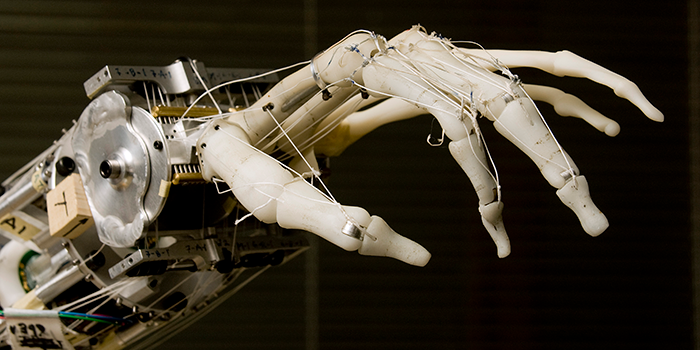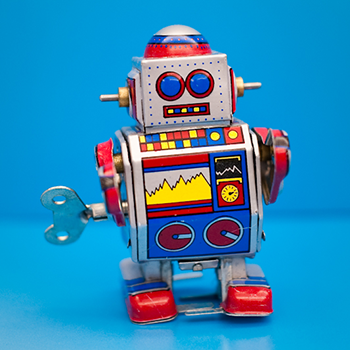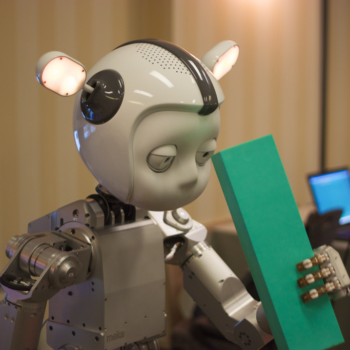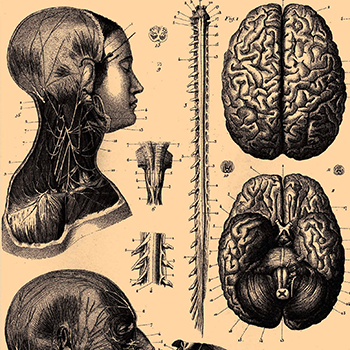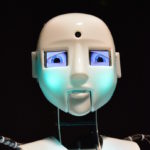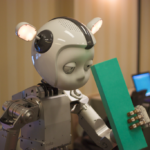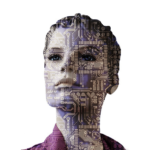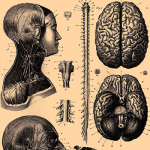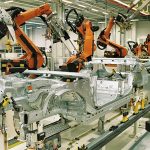Can consciousness be created in a lab? Will robots take over our jobs and fight our wars? How do you teach a machine to tell right from wrong?
Technologies that were once in the realm of science fiction are rapidly becoming a reality, raising a host of complicated ethical, political, social, and scientific questions. To better understand the role intelligent machines will play in our lives, Footnote gathered insights from academic experts in a wide range of fields including computer science, philosophy, cognitive science, engineering, psychology, and political science.
This forward-looking series of articles explores which possibilities are more science than fiction and how to prepare for a world where machines are an everyday part of our lives. Our academic contributors examine how we’ll interact with robots, how they will impact our economy and society, and how what we learn about artificial intelligence will change how we view ourselves.
Contributors
Igor Aleksander
Imperial College London
Colin Allen
Indiana University
Sabine Hauert
University of Bristol
Chad Jenkins
Brown University
Samuel Kortchmar
Brown University
Armin Krishnan
East Carolina University
Angelica Lim
Kyoto University
Michael Littman
Brown University
Bertram Malle
Brown University
AJung Moon
University of British Columbia
Alexandra Peseri
Brown University
Hallie Siegel
Robohub
Partners
Footnote Articles
Articles

To create robots with feelings, researchers are programming them to learn and develop emotion the way human children do.
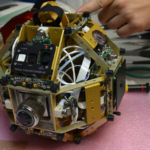
The team from Robohub talks about the hype, the science, and how to understand what’s really happening in cutting-edge robotics.

How responsive devices – and simple systems for programming them – will shape the world to fit our needs and preferences.

Our idea of what an intelligent machine looks like is evolving as scientists discover that human thought extends beyond the brain.


